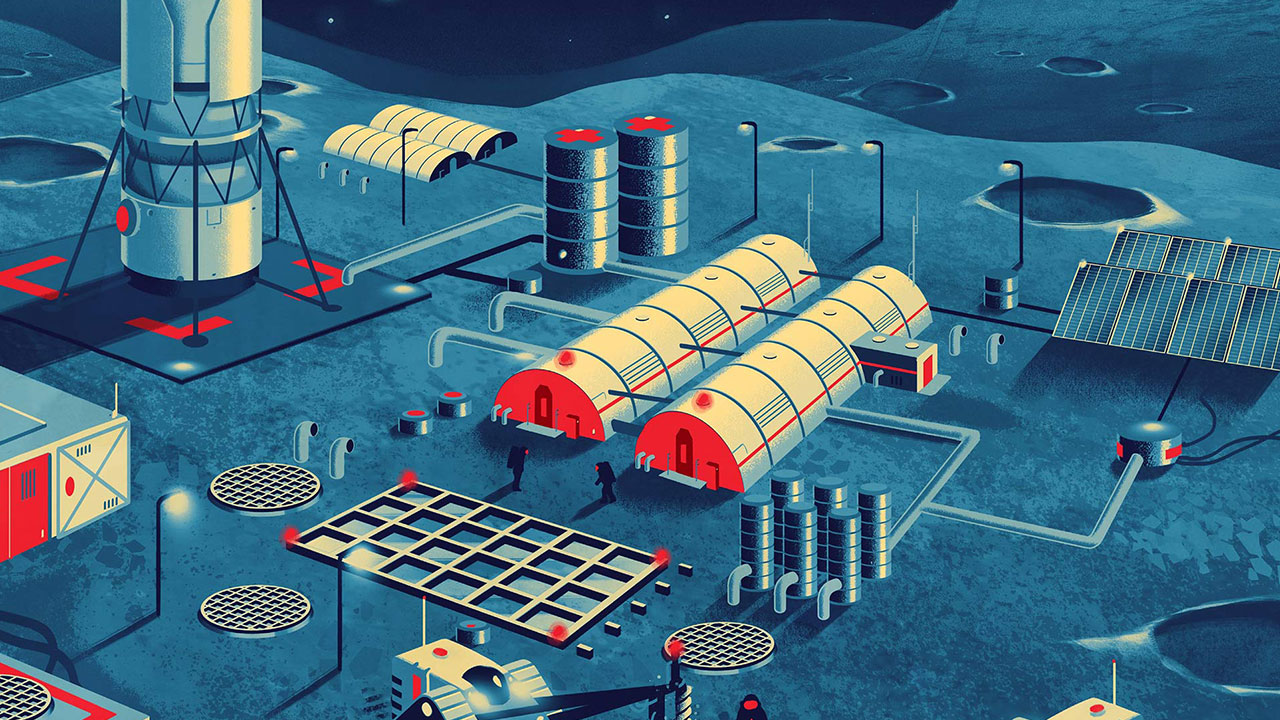Five big ideas shaping the biotech revolution
The idea of using nature for goods and services is nothing new. However, modern technologies have brought together science and business like never before. Over the past few years, the exciting possibilities unlocked by advances in biotechnology —from treating genetic diseases to bringing back animal species from extinction—have been amplified by progress in complementary fields such as artificial intelligence. These leaps are making the potential of biotech to transform our lives electrifyingly apparent.
Our third edition of Frontiers delves into five cutting-edge biotech trends gaining credible expert attention, shedding light on the extraordinary opportunities and challenges that lie ahead in this revolutionary field at the forefront of innovation.

Is DNA the future of computer storage?
We’re producing more information than ever, and data centers are struggling to keep up. Nature’s original storage system may provide an answer…

Plastic-eating bacteria could revolutionize recycling
A new front is opening in the war on waste, but can it scale?

Antibiotic resistance is a looming crisis. CRISPR may hold the answer
From resensitizing bacteria to destroying them altogether, gene-editing offers new hope

Could “augmented wood” be the future of construction?
It’s natural, it’s renewable—and potentially as strong as steel

Welcome to the golden era of rejuvenation science
Startups and academics are making notable progress in tackling the aging process. Will they succeed?
Five big ideas shaping space: the next instalment from Frontiers
There was a time when space exploration seemed like a thing of the past. Since the final Apollo programme blasted off for the Moon over 50 years ago, humanity has not ventured further than low-Earth orbit. That’s set to change. A new space race is underway—and the longer-term ambitions are even grander than before, comprising of new types of businesses that would have been impossible until recently.
So, what are the trends that could become increasingly interesting? This edition of Frontiers shines a light on five big ideas that are transforming space. Hear from the industry leaders making it happen as they reveal the difference they could make to the world around us.

Why ‘living off the land’ will be crucial to the dawning era of space exploration
As humanity ventures further into the solar system, harvesting resources in space for use off-world will be essential

Satellites can now show businesses what the human eye can’t see
Dark? Cloudy? Snowy? ‘Synthetic aperture radar’ satellites can peer through it all, and this new sector is booming

Are space-based solar farms the future of clean energy?
The idea is enjoying more attention than ever—but there are major challenges to overcome

How celestial ‘gas stations’ could unlock the space economy
Orbiting propellant depots are in development, and they could reinvent how we operate beyond Earth

Space junk is a huge problem. It’s also a business opportunity
The more we do up there, the more we have to clean up after ourselves. But how?
A series in collaboration with WIRED Consulting
The world is changing faster than ever. Ever more powerful microchips, breakthroughs in AI, accelerating connectivity, the list goes on. Frontiers shines a light on interesting tech innovations happening now, attracting attention from credible experts and investors alike.
Discover 5 big ideas below. Hear from the industry leaders making it happen as they reveal the difference they could make to the world around us.

How factories in space could solve problems on Earth
Remove gravity and new manufacturing possibilities are unlocked

VR’s missing ingredient? Touch
A burgeoning haptics sector wants to solve the problem

Why harnessing the oceans could help fight climate change
Their potential for carbon capture is huge – but so are the unknowns…

Generative AI will transform medicine
The new wave of AI tools are about far more than text and images

Will India be the next semiconductor superpower?
If the country’s chipmaking gamble pays off, it could be good news for the west

